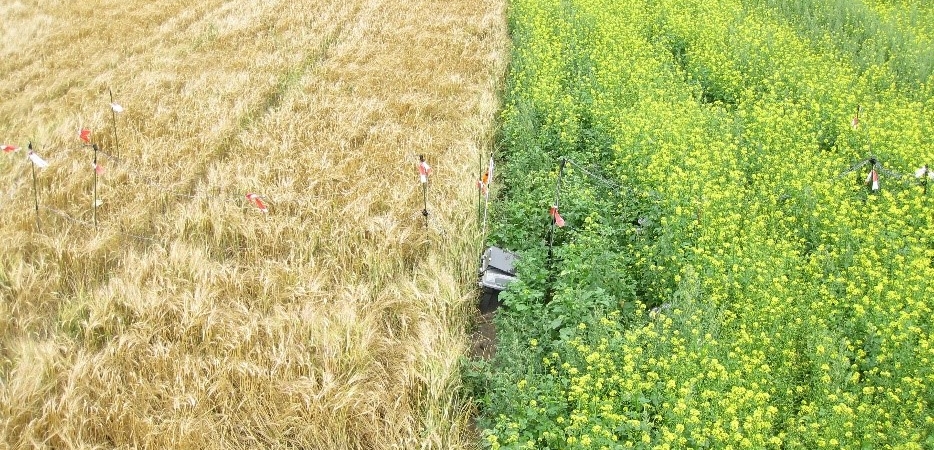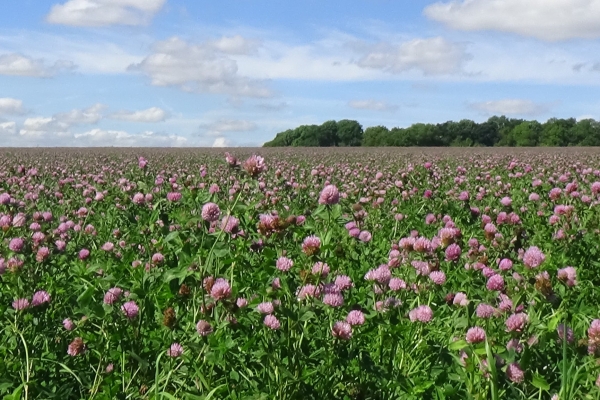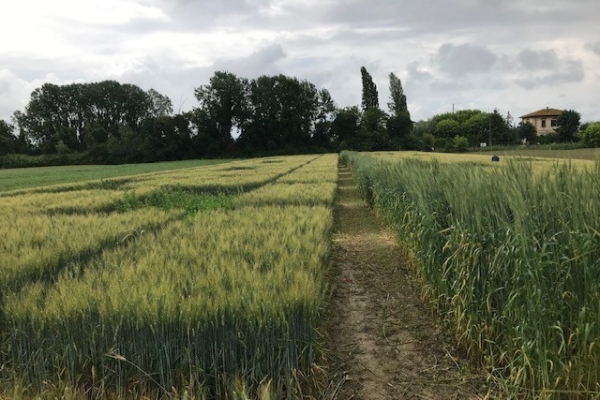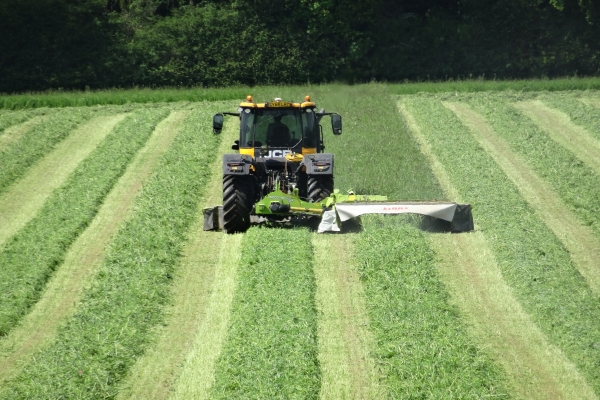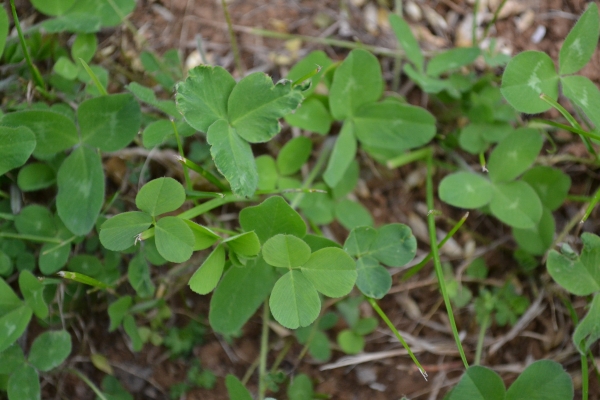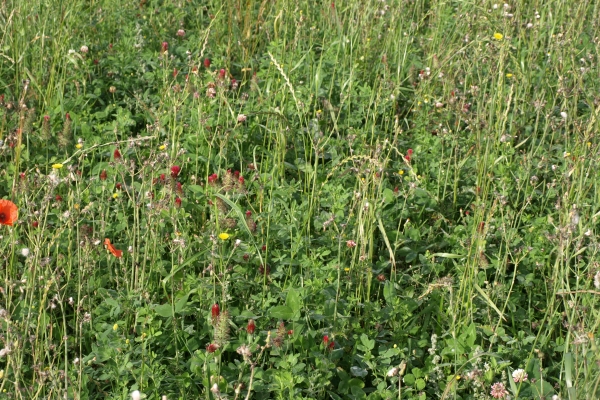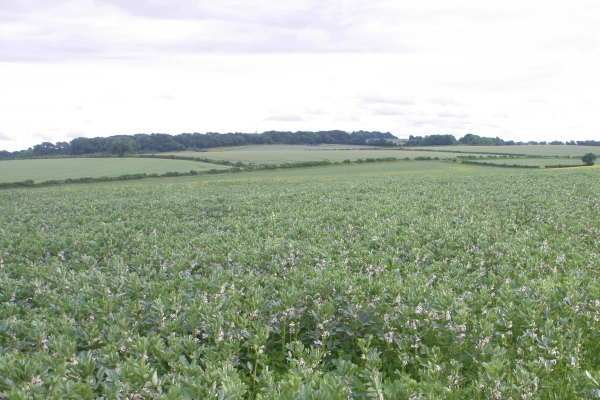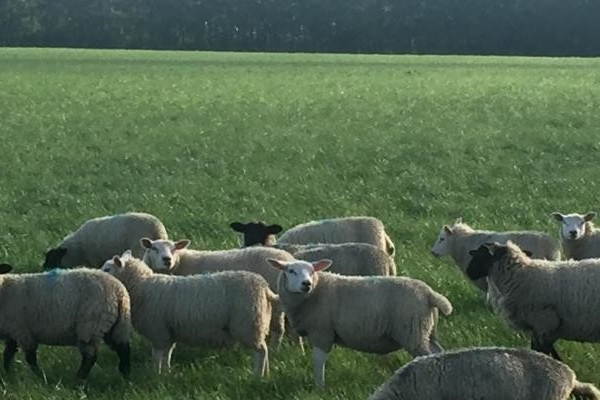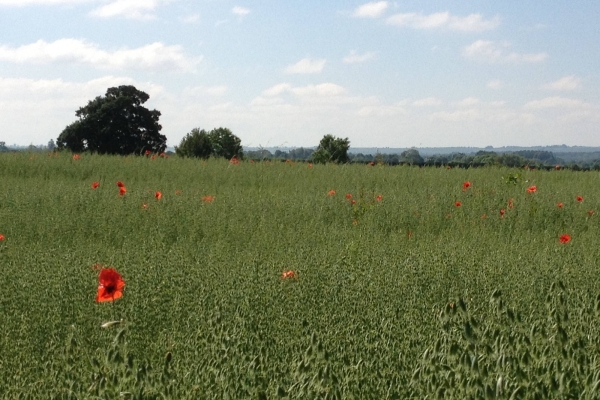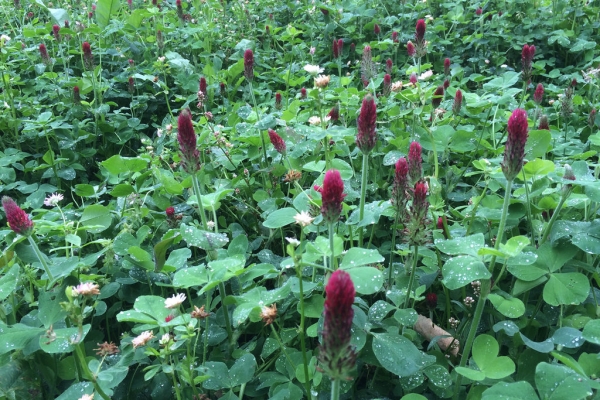Use of diverse rotations
Organic Management Techniques to Improve Sustainability of Non-Organic Farming
Resource explained
This abstract was composed as part of a Defra-funded project looking at organic management techniques that could be applied on non-organic farms and help improve sustainability. It describes information on using diverse rotations in an arable rotation and lists the main agronomic, economic and/or ecological value you can expect to gain. It includes practical recommendations that will help you implement the method on your farm and other useful information such as the time of year you could apply the method, suitability according to your farming system, and equipment required. It also includes a case study of a farmer who is applying the practice. Potential benefits and potential barriers you would need to consider, financial implications, and how it relates to legislation are also listed.
Findings & recommendations
- Weeds and pests can build up if there is not a varied enough rotation, which increases the need for chemical and mechanical interventions.
- Varying crops for soil borne pest reasons is common but this practice could be extended to reduce weed problems by varying crop canopies, rooting patterns and sowing dates to help break weed cycles.
- Longer term, reduced weed seed production, reduced risk of resistance, and the opportunity to use cover crops in the rotation will increase overall farm profitability.
Header image: Quantifying and simulating movement of the predator carabid beetle Pterostichus melanarius in arable land. Taken from a PhD thesis by B Alemam, 2014 (Wageningen University)
